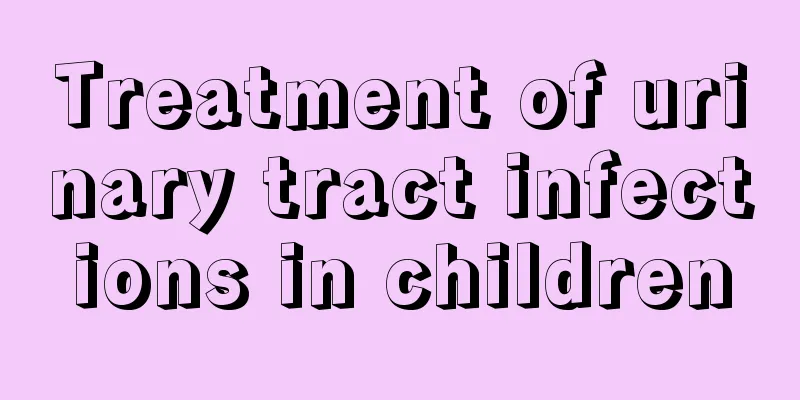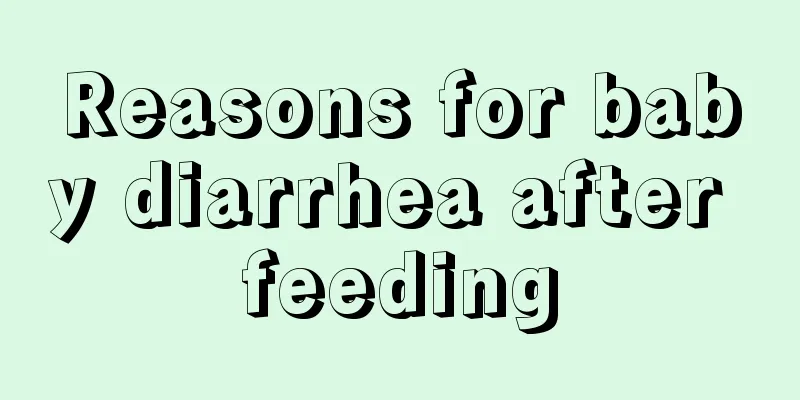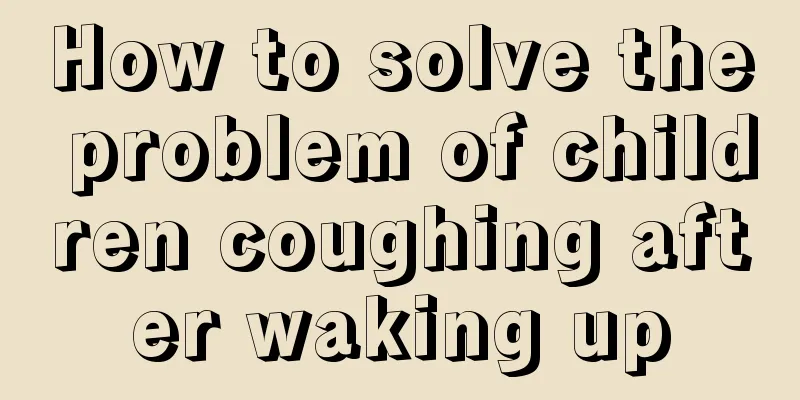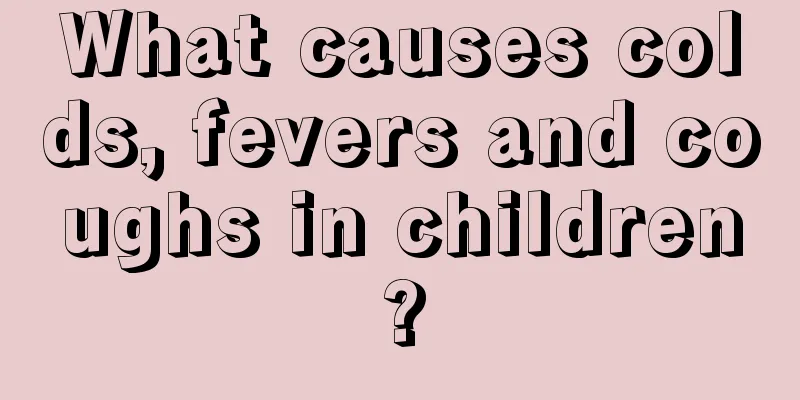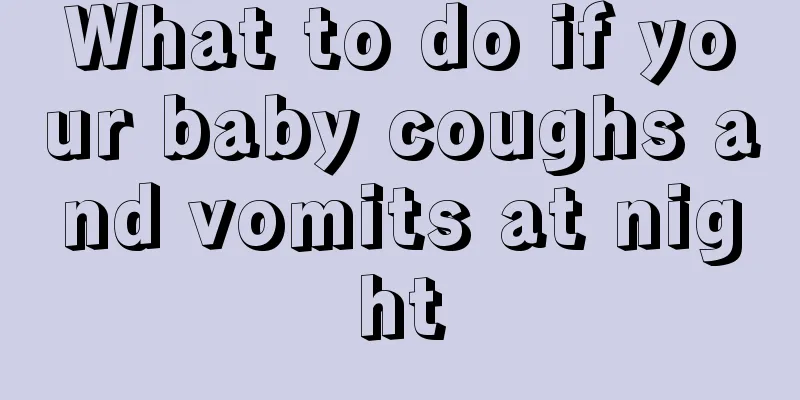What are the symptoms of hypothyroidism in children?
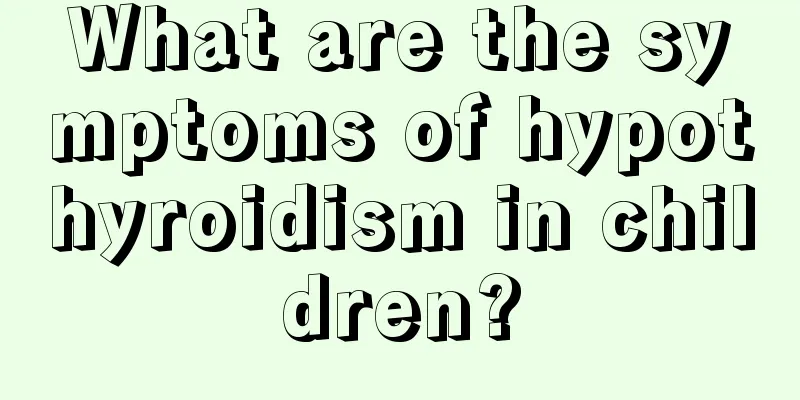
|
Hypothyroidism is also a disease, and this disease will happen to many people. Men, women, old and young are all susceptible to the disease. For many children, it is also easy to develop hypothyroidism. Hypothyroidism will make children have big heads and protruding eyes, and will also lead to physical retardation. The child's weight will also drop rapidly. So what are the symptoms of hypothyroidism in children? Symptoms: Congenital hypothyroidism is a common disease among neonatal endocrine disorders. The causes of this disease are: incomplete development of the thyroid gland, impaired thyroid hormone synthesis; the mother suffers from hyperthyroidism, uses antithyroid preparations or radioactive iodine treatment during pregnancy, etc., which can inhibit the production of fetal thyroid hormone and also cause hypothyroidism. Because the growth of the fetus is not completely dependent on thyroid hormone, most babies are born as normal newborns. After birth, due to hypothyroidism, the following physical signs are often present: low body temperature, inactivity, drowsiness, poor appetite, soft or hoarse crying, dry and rough skin, coldness, little sweating, large anterior fontanelle, slow heart rate, constipation, umbilical hernia, prolonged physiological jaundice, etc. Treatment method: This disease is relatively hidden and it directly affects the baby's brain tissue and bone development, leading to mental retardation and short stature, that is, cretinism. Early detection and early treatment can enable the baby to grow and develop normally. Treatment must be carried out under the guidance of an experienced pediatrician to avoid accidents. Generally, about 80% of babies who are diagnosed and treated within 1 month after birth have an IQ of more than 90 points; for those who are diagnosed and treated within 3 months, less than half have an IQ of 90 points. The main characteristics are delayed growth and development, low intelligence and reduced basal metabolic rate. 1. Newborns and infants Most newborns have no symptoms and signs of hypothyroidism, but careful inquiry into the medical history and physical examination can often reveal suspicious clues, such as the mother's frequent feeling of fetal movement during pregnancy, overdue delivery, bloated face, rough skin, delayed physiological jaundice, drowsiness, less crying, low crying, poor appetite, poor sucking ability, low body temperature, constipation, large anterior fontanelle, patent posterior fontanelle, abdominal distension, umbilical hernia, slow heart rate, dull heart sounds, etc. 2. Most cases of congenital hypothyroidism in infants and children often seek medical treatment due to developmental delay a few months after birth or after the age of 1. At this time, the thyroid hormone deficiency is severe and the symptoms are typical. The severity and duration of thyroxine deficiency are closely related to the severity of symptoms. (1) Special facial features: large head, short neck, bloated face, swollen eyelids, wide eyes, wide and flat nose, thick lips, large tongue that protrudes outward, sparse hair, indifferent expression, and slow reaction. (2) Dysfunction of the nervous system: low intelligence, decreased memory and attention. Motor development disorders, delayed walking, often hearing loss, dullness, drowsiness, and severe cases may cause myxedema and coma. (3) Growth retardation: short stature, long body, short limbs, and delayed bone development. (4) Poor cardiovascular function: weak pulse, dull heart sounds, enlarged heart, accompanied by pericardial effusion, pleural effusion, low voltage on electrocardiogram, prolonged PR, conduction block, etc. (5) Digestive tract dysfunction: poor appetite, abdominal distension, constipation, dry stool, and decreased stomach acid. The above introduces the various symptoms of hypothyroidism in children. If the child has this disease, then treatment should be provided immediately. If the child has not yet been found to have the disease, then it is necessary to judge from these symptoms whether the child has such a disease. When treating the child's disease, the child should be supplemented with iodine, but the iodine supplementation must be regular to avoid giving the child too much or too little. |
<<: Symptoms of hyperthyroidism in children
>>: What to do if children are deficient in zinc and calcium
Recommend
What are the symptoms of congenital hip dysplasia in children?
There are many congenital diseases in children, a...
What causes jaundice in children?
Children's health is generally recognized as ...
What to do if your child has a stuffy nose
Adults can take medicine when they are sick, and ...
Symptoms of eczema in children
Eczema is a common skin disease in our human body...
Why is the baby crying all the time?
We all know that babies who keep crying always gi...
What is the most suitable room temperature for a newborn baby to bathe?
Bathing a newborn is an important time for mother...
What should I do if my baby sweats a lot on his back while sleeping?
Babies have a high metabolism and poor ability to...
What causes dizziness and nausea in children?
Many parents may have experienced their children ...
Swollen lymph nodes in the neck of children
Children are the hope and future of the motherlan...
The impact of adults' quarrels on babies
It is normal for couples to quarrel, and they can...
Can an 8-year-old child drink honey?
Honey water not only tastes sweet, but is also ri...
What is the cause of the child's vomiting and convulsions?
Although the living standards and medical levels ...
How long does it usually take for a child's fracture to heal?
Many parents of children whose fractures have occ...
What does hernia mean in children?
Some parents feel very scared about their childre...
Five taboos for breastfeeding premature babies
A premature baby refers to a baby who is born bef...


